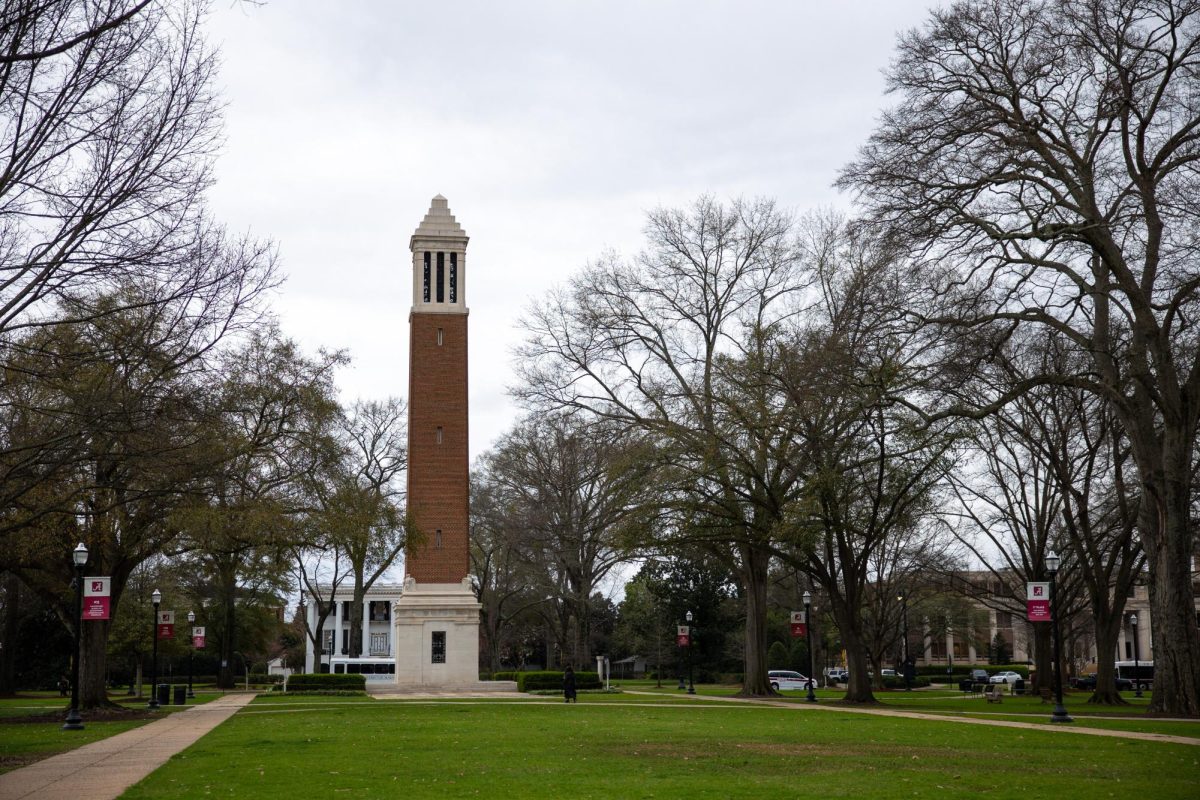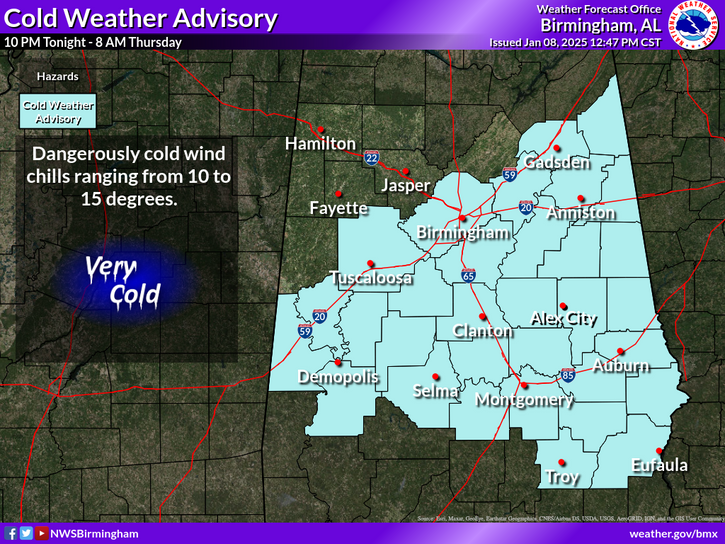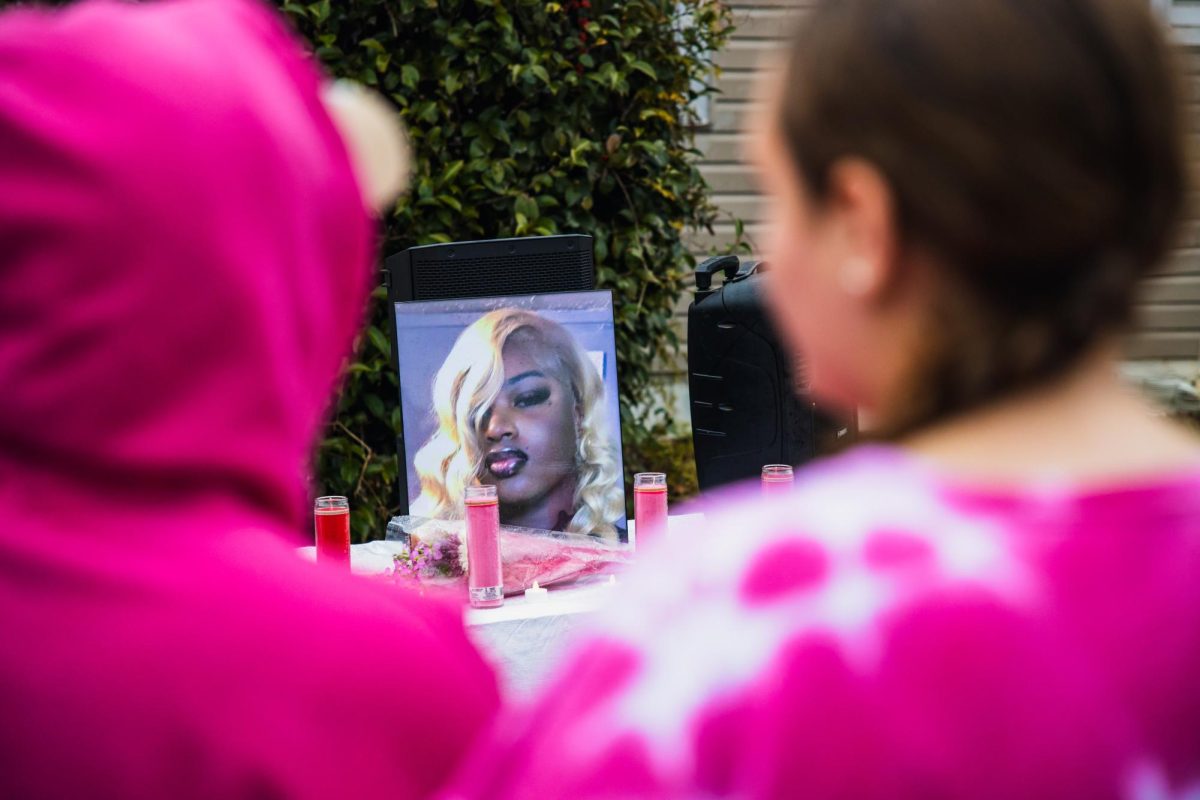The University of Alabama issued guidelines for faculty that align with the passage of SB129, a controversial Alabama state law that, among other things, restricts DEI policies and prohibits endorsements of “divisive concepts.” These new guidelines highlight potential interactions with “divisive concepts” and formalize a new list of do’s and don’ts for classroom discussion and instruction.
From the start of the fall semester, SB129’s impact could be felt across campus, from the changes to funding for student organizations to the shuttering of the Safe Zone and offices of the Black Student Union. These outcomes were the result of SB129’s anti-DEI sections, preventing the University from sponsoring or promoting any DEI programs. The consequences of SB129’s “divisive concept” restrictions were more uncertain, however.
“[SB129] is vague, and what its implications will actually look like are not totally clear,” said Beth Ann Powers, an associate member in the University of Cincinnati Law Review.
Outside of reiterating the explicit prohibitions in the law, the University’s website entitled “Resources and Recommendations for Handling Difficult Topics in an Academic Setting” tries to answer some burning questions that faculty might have about those academic implications of SB129.
The guidelines dismiss the idea that SB129 dilutes academic freedom and that it prevents faculty from discussing “divisive concepts.” Rather, the University says, “the law specifically protects each faculty member’s academic freedom to provide instruction in all academic settings.”
Some “best practices” are also established by the guidelines, including becoming familiar with the restrictions in the law, discussing “divisive topics” in an objective manner, including a disclaimer in the class syllabus about potential “divisive topics,” and avoiding diversity statements either in a syllabus or as a classroom assignment.
The University also advised that faculty find teaching materials from a wide variety of sources and “promote civility in classroom dialogue” containing different viewpoints and ideas. When presenting potentially “divisive concepts” to students, faculty are advised to rely on “evidence-based teaching practices” that put research ahead of personal experience and bias.
These new guidelines are a welcome addition to the toolkit of University faculty. Matthew Hudnall, Faculty Senate president, said that the new guidelines provide “a safe measure where faculty can know that, for the most part, they’ll be protected if they follow a series of steps.”
Still, Hudnall said he believes that the advice issued by the University is far from comprehensive. He said he is worried about situations beyond the existing guidelines that faculty could encounter in the classroom, including topics like racial health disparities and group discussions that veer into divisive topics. He added that subjects like education, nursing and social work might be more vulnerable to interference.
“It’s the responsibility of faculty as educators to be able to instill upon our students as much knowledge and information as possible,” Hudnall said. “I do worry that faculty will have to do more juggling and be much more mindful about how they handle those situations.”
While Hudnall acknowledged concerns from instructors, he thought that efforts to make classes more objective by providing sources and references could prove to be a positive for students.
“It’s good to arm our students with where that information came from and give them the ability to go and evaluate and fact check things on their own,” he said.
The guidelines also added, “If a faculty member believes that a student has recorded them in class with an intent to further distribute, the faculty member should immediately reach out to their Dean’s office so that the appropriate University officials can be notified.”
While proponents of the “divisive content” standard in SB129 said the law would prevent classroom indoctrination, Hudnall contended that higher education has never been a place for unquestioning adherence.
“As an academic, we care about our students, and we want them to question things,” he said. “We want them to seek out knowledge. We don’t want them to accept the status quo. We want them to gather information, seek truth and make the world a better place.”









